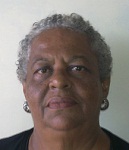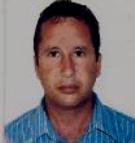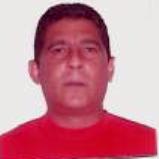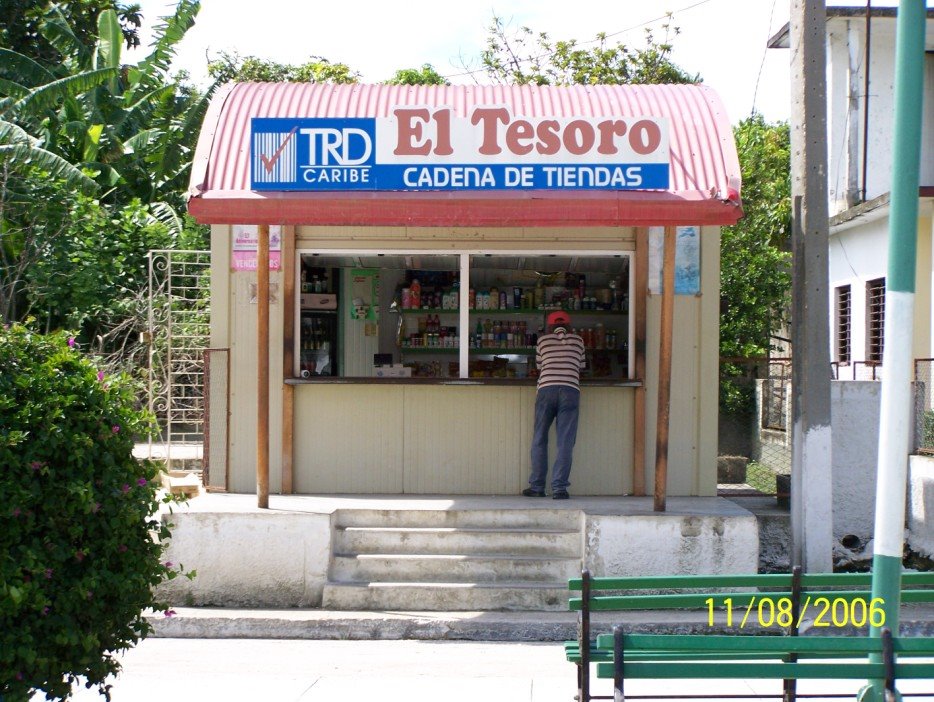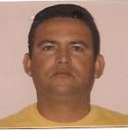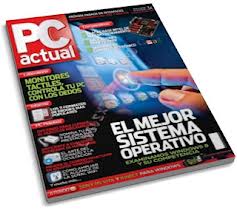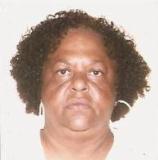
Recently I was consulted about a case in an action which seems to form part of the working style of those who are, one way or another, employed in the law. I am referring specifically to the office of the Port of Cuba.
A young man decided to leave the country illegally, he was repairing a boat on the north coast of Camagüey when he was surprised by the authorities of the said organisation and went through the administrative process with a fine of 3000.00 Cuban pesos (CUP). continue reading
The kid immediately admitted his intention, affirmed to the functionaries his intention to put in good order the boat which they found on the ground in order to set out to sea once his work was done. Nevertheless they applied Art.1 Point g of the Decree 194, which establishes, and I quote,”to enter or leave or navigate through territorial waters, without the corresponding dispatch note or authorisation from the port office or disobeying a person duly accredited.”
As you can appreciate, what he was accused of did not occur in any of the actions described and checked, to apply correctly the regulation covering such conduct they should have referred to Art. 1 Point b, which basically refers to, “to repair vessels without due authorisation from the port office,” an offence which only carries a fine of up to 1500.00 CUP, on the basis of which I am now representing this citizen, on the basis of the considerations I have mentioned.
Following these comments, all we need to do now is consider on what does the office base its action, if roughly speaking they are aware of the injustice which results from interpreting the regulation in the way they have clearly set out.
Translated by GH
13 December 2013

